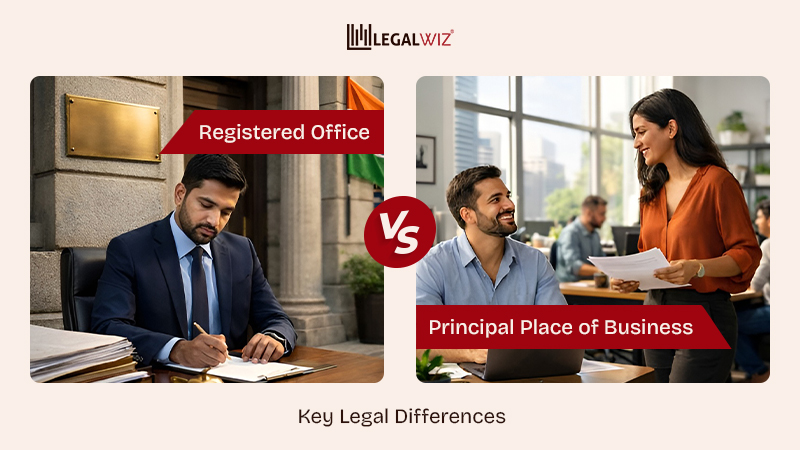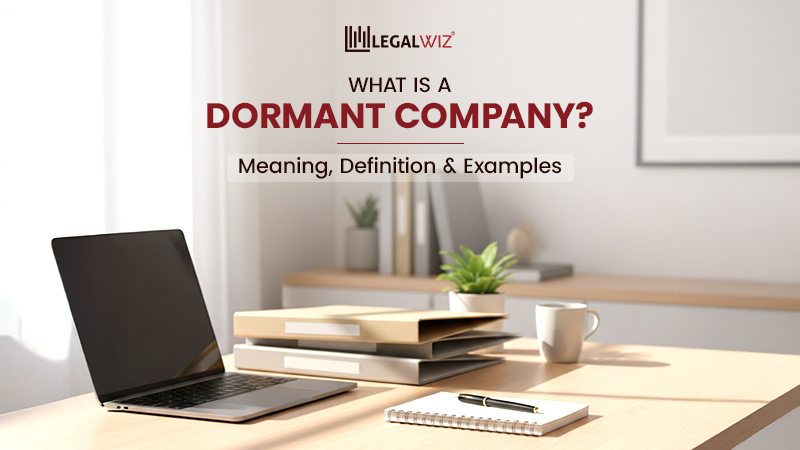Insight on Minor as a Party to business
Managing business with the help of participation of family members is common scenario in India. When privately held or family business is considered, participation of junior member(s) is also welcomed. However it is feasible on business part to use skills and take help of those members the contractual and legal part is under ambiguity of business owners. Here, we are answering your queries on when and in what manner a minor can participate in business world.
To discuss the business participation, an assumed matter is entering into contract with the entity or persons. For this, the contractual capacity of the minor is tested, which is prescribed under Indian Contract Act, 1872. The Act provides the capacity of person to enter into contact. The person not competent to contract includes Minor, which is further explained as an individual who has not attained eighteen years of age. If the guardian has been appointed by the court under Guardian and Wards Act, 1890, the age of minority will complete the majority at the age of 21 years.
The law further prescribes that the contract entered with the minor is void-ab-initio excluding certain exceptions. Void-ab-initio means the contract entered is invalid from the beginning i.e. since execution of contract. The legality of participation of minor in business is dependent on the same principle.
Participation in Private Limited Company:
To register a private limited company in India, a person can participate through two different positions being Director and a Shareholder of the company. Active participation requires a person to be appointed as director of the company whereas to provide ownership rights shares are owned.
Directorship by a minor:
To appoint a person as a director of the company, he/she shall hold valid DIN (Director Identification Number). To obtain DIN, the applicant shall have obtained majority, hence a minor can neither hold DIN nor can be a director in Indian Company.
Shareholding by a minor:
Companies Act, 2013 allows to hold shares by the minor subject to consent of his/ her guardian. Holding shares of the company assumes a contract with the company, however as discussed, the minor cannot enter into contract. Hence, the minor cannot directly hold shares in the company during incorporation as subscription provided is a contract to obtain shares on company incorporation. After the company incorporation, the shares cannot be purchased directly as it is an agreement. To provide shares of a company to a minor, the shares held by any other person (major) can be gifted to the minor. The share gifted must be fully paid as a minor cannot be liable for unpaid shares. In given cases, the shares of a company are transferred to the Guardian of the Minor. The guardian holding shares act as Trustee for said purpose until the minor attains the age of majority.
Participation in Limited Liability Partnership:
A person can engage in LLP either as a normal partner or designated partner. Holding either of position, the minor is required to enter into agreement with the LLP as well as partners, which is not valid.
Minor as Designated Partner:
Alike director in the company, the designated partner of any LLP requires DIN for appointment. Hence, a minor cannot become Designated Partner in an LLP as he cannot apply for allotment of DIN. The designated partner is also a person who is responsible for the operations and compliance of LLP but a person cannot
Minor as Partner:
An agreement cannot be entered by a minor, however, the Act also allows including minor as partner for profit only. Here, the minor partner can only be included for profit and he/ she will not be responsible for activity of the firm nor his property can be used to pay off any liabilities of LLP.
Participation in Partnership Firm:
Similar to LLP, in partnership, the minor can be included as “partner for benefits” only. The rights and liability of partners are different from other partners. The minor partner has an option to choose whether to continue as a partner or not on his majority. He can decide to continue or leave the firm within 6 months of attaining majority or his knowledge about his share in the Firm.
Sole Proprietorship Business:
A minor can become an owner of business in partnership with other person as his liability is limited by one or another way in partnership. However he cannot own the whole business as Sole Proprietor as his liability is unlimited. As the law says, a minor cannot be held liable for any of his acts. Also, as a business owner, he cannot enter into contract with any third parties. Hence, starting a sole proprietorship business is not feasible and not valid due to incapacity of minor to enter into agreement.
Conclusion:
The bottom line says that a minor cannot be part of business where his liability is unlimited. Whenever a minor is included in the business, his liabilities are limited and his rights can be exercised in manner provided. A minor’s participation should be limited to enjoying rights and should not extend to responsibilities against liabilities of business. The income earned by minor is taxable, however in the hand of the parents subject to certain provisions. Stay connected to know about taxability of minor’s income.

CS Prachi Prajapati
Company Secretary with a forte in content writing! Started as a trainee, she is now leading as a Content Writer and a Product Developer on technical hand of LegalWiz.in. The author finds her prospect to carve out a valuable position in Legal and Secretarial field.







